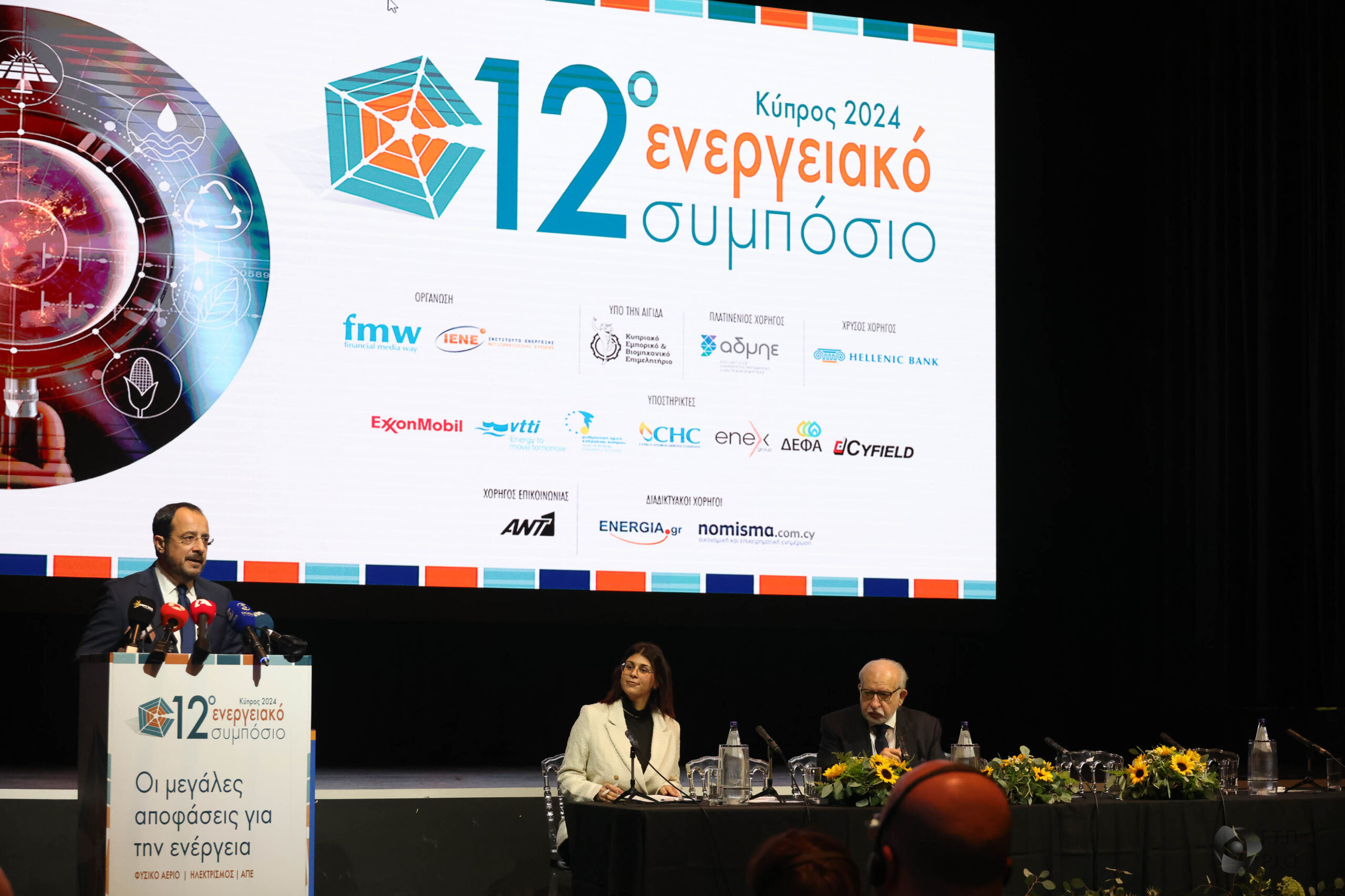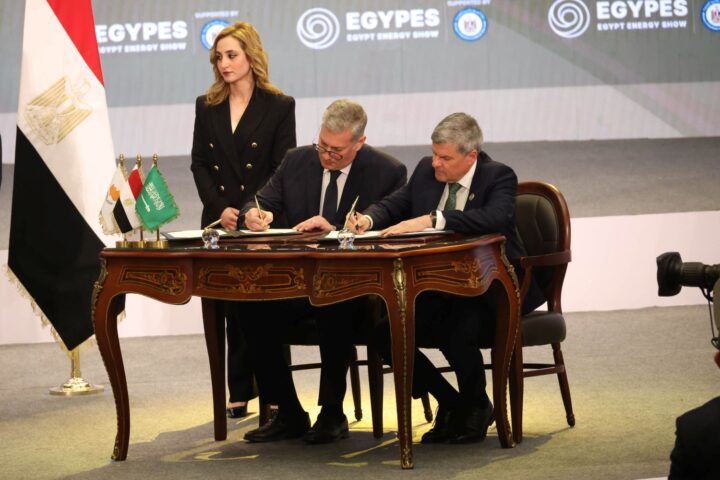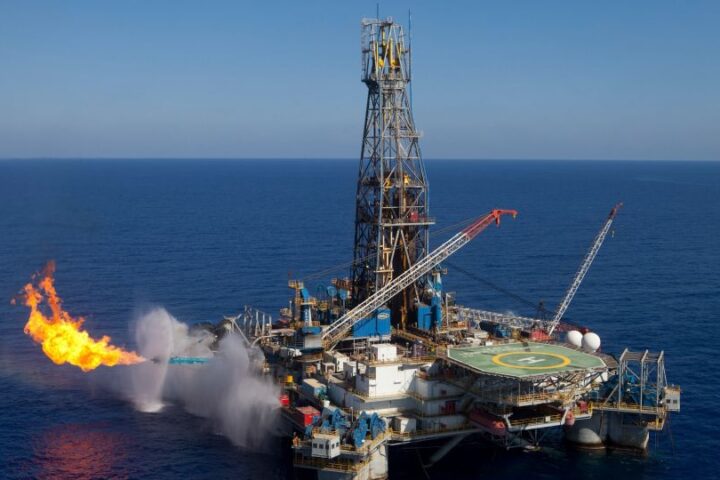Cyprus has the second worst record in Europe as regards utilisation of renewables in the energy mix, with the main obstacles being the delay in importing natural gas for power generation and opening up the electricity market, officials told an energy conference in Nicosia on Friday.
Delegates at the 12th Energy Symposium hosted by FMW and IENE heard from several speakers that importing natural gas will be a determining factor in reducing the cost of electricity and cutting back on emission fines, while the installation of storage batteries will help keep a better balance between supply and demand throughout the day.
With an installed power production capacity of 1478 megawatts, the island’s system only absorbs about 19% of the energy produced by solar parks during daylight hours, rejecting most of the electricity produced from the 780 MW installed capacity from photovoltaic panels and a further 157 MW from wind farms.
However, the aim is to increase the RES absorption rate to about 24-25% over the next few years, according to Stavros Stavrinos, executive director of the island’s transmission system operator.
He added that final testing of the independent contracts-based energy market will take place in the first quarter of 2025 and will be cleared through the Cyprus Stock Exchange.
George Petrou, chairman of the Electricity Authority of Cyprus, said the state-owned utility introduced two new solar parks during the past year, with a combined output capability of 20 MW, generating electricity at 5c per kilowatt hour and helping to lower the average cost to the consumer of about 30c per kWh.
He said that a 160MW twin cycle unit will be installed at Vassiliko by next year, running on natural gas, as well as diesel as backup. Another diesel unit of 80MW will be operation at the Dhekelia power station by 2026, however initially running on diesel, with a possibility of switching to natural gas at a later stage.
Petrou added that the ‘Prometheas’ floating storage regassification unit (FSRU) is awaiting certification and may be delivered by the end of December, while work at the Vassiliko LNG terminal should be completed by the end of 2025.
This will allow power producers to burn cleaner natural gas, which as fossil fuel will still carry an emissions levy, paid by the Cypriot consumer.
Energy consultant Charles Ellinas added that apart from emissions, the cost of electricity in Cyprus is maintained at high levels due to the second highest tax rate in Europe, accounting for about 35% of the entire cost.
He urged the government to speed up work on the facilities top import and supply natural gas, mainly to the EAC and to PEC, the only private conventional power station, being built by Cyfield.
Ellinas warned that Cyprus should either move fast to conclude exploration and production deals with energy giants Chevron, ENI and ExxonMobil, as over-supply of LNG in the world markets over the next few years will pressure prices and extracting fuel from the offshore Cyprus natgas fields will no longer be viable.
“The International Energy Agency says that LNG output and demand will peak by 2030, but will drastically start to be reduced after that,” he said.
Aphrodite and Kronos
Earlier, President Nicos Christodoulides had said that fresh results were expected from the Aphrodite offshore gasfield in January, and from Eni-operated Kronos later on, confident that Cyprus will some day utilise the natural gas from its territory.
With RES production increasing and importing LNG, Christodoulides said that Cyprus will consumer cheaper electricity for its own use, but also export renewables-based power to European markets, through the 1,000MW Great Sea Interconnector, expected to be ready by 2029.
He said that apart from the €657 mln in EU grants, the government plans to invest €125 mln over the next five years to help keep construction costs at a low level. But to do that, it will resort to borrowing, compared to a €100 mln grant from the recovery and resilience fund (RRF) promised by the previous operator of the interconnector.
Christodoulides said that he raised the issue of using US funds in the cable’s capital with President Joe Biden, during their meeting in Washington last month.
Manos Manousakis, CEO of the Chinese-controlled IPTO that will build and operate the GSI, said that a new feasibility study for the interconnector will be delivered in the new year. However, this would be at least 15 months delayed from the initial plan of late 2023, which would have determined the government’s participation in the venture.
At the time, Energy Minister George Papanastasiou sacked the interconnector’s previous operator, with the excuse that costs were too high and the project was not viable. Now, it will probably cost more and be delayed further from the initial timeframes.
George Chrysochos, chairman of the energy operators’ association and CEO of the PEC power plant, expected to be ready next year, said that the interconnector would actually increase the cost of electricity by at least 2c per kWh, instead of reducing it.
He implied that the reason electricity cost will not go down in Cyprus is the EAC’s refusal to allow more RES to be used in the island’s energy mix, by running high-emission fossil-fuelled power stations, while entering the solar parks market using the taxpayer’s money and competing unfairly with the private operators.










